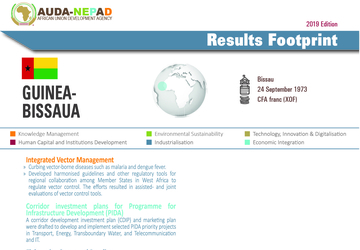 Guinea Bissau
Guinea Bissau
Official Name: Republic of Guinea-Bissau
Capital: Bissau
Independence Day: 24 September 1973
Currency: CFA franc (XOF)
Key Result
781 women benefitted from four projects implemented in Guinea Bissau.
The Aid Association for People Development (ADPP) improved the economic status of 416 young women and 184 men from the Empada sector of Guinea-Bissau by improving agricultural production processes and access to water. Education and skills training initiatives were provided to the farmers while promoting gender equality within the respective communities through social awareness campaigns. Additionally, the project organised the beneficiaries into ten farming associations, each of which were provided with farming land and secured title deeds thereof.
The REPAO (Le Réseau sur les Politiques de Pêche en Afrique de l’Ouest) project strengthened the organisational, technical and financial capacity of 200 women working in the fisheries industry in West Africa. To this end, the project assisted the women in meeting the challenges of marketing quality products, obtaining access to international markets and improving sustainable livelihoods in fishing communities.
Guinea Bissau signed the CAADP Compact in January 2011, committing to prioritise agricultural transformation and development. NEPAD supported Guinea-Bissau in conducting an Independent Technical Review (ITR).
There are ongoing efforts by the national committee on climate change to integrate fisheries and climate change in the National Adaptation Program of Action.
Guinea Bissau is expected to benefit from the Hydro – Sambangalou Hydropower Project, which is a hydropower plant with a 128 MW capacity, as well as a 185 square kilometer reservoir (4 turbines of 32 MW each). Originally formed part of a larger Gambia River Basin Development Organisation (OMVG) Project, which entailed an interconnecting power grid with the Kaleta Dam in Guinea.
Projects
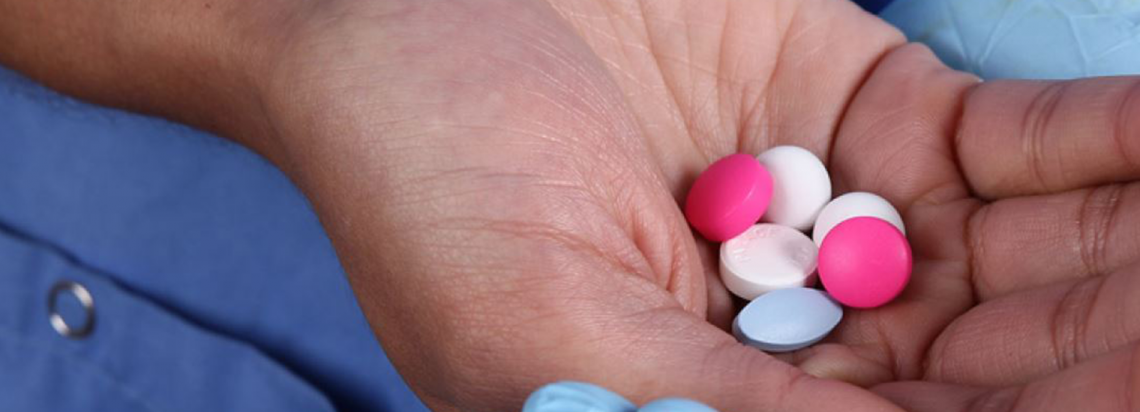
A critical AU Model Law aimed at harmonizing medical products regulatory systems in Africa was endorsed by African Heads of State and Government at the January 2016 AU Summit in Addis Ababa, Ethiopia. The AU Model Law will contribute towards accelerate the regulation of safe, quality and affordable medical products and technologies in Guinea Bissau.
The West Africa Medicines Regulatory Harmonization (MRH) programme was launched in 2015 in Accra, Ghana. Guinea Bissau participated in the establishment of the joint MRH Project Steering Committee and formation of 7 Technical Working Groups (TWG’s). The TWG’s are tasked with developing technical guidelines of the MRH programme. In addition, a joint framework of collaboration between WAHO and WAEMU has been agreed upon.
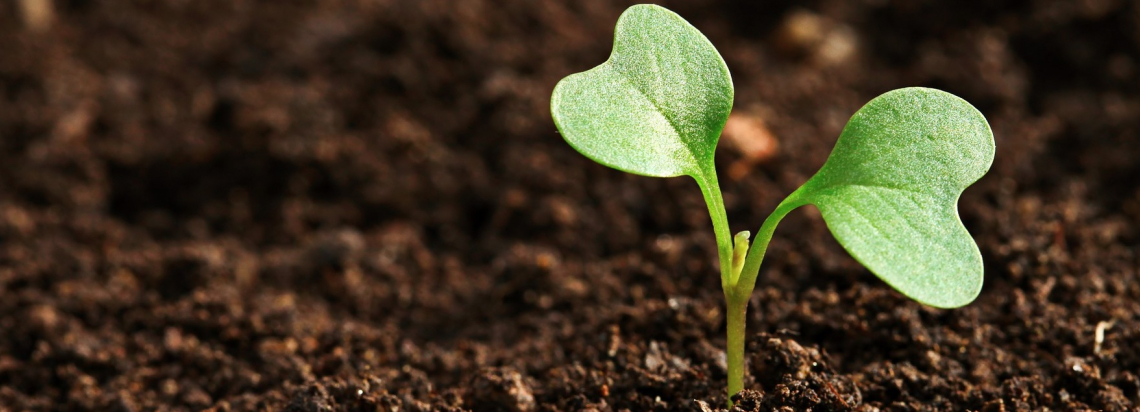
CAADP Compact: Guinea Bissau signed the CAADP Compact on 17 – 18 January 2011.
Capacity Building: From 26 May to 3 June 2011, NEPAD supported Guinea-Bissau in conducting an Independent Technical Review (ITR).
Business: A CAADP Business meeting is yet to be held.

Project : TAH programme
Description : This is phase I of the continental connectivity programme that focuses on completion and standardisation of the TAH missing links by 2030
Project : Single African Sky phase 1 (design and initial implementation)
Description : Single African Sky is a continental programme that will create a high-level, satellite-based air navigation system for the African continent
Project : Yamoussoukro Decision implementation
Description : Accelerate Yamoussoukro Decision implementation by identifying countries that are ready to fully implement it, and discussing and agreeing with both their governments and airlines to launch the voluntary club on a full membership basis
Project : ICT Enabling Environment
Description : This programme would improve the environment for the private sectors to invest in high-speed broadband infrastructure
Project : ICT Terrestrial for Connectivity
Description : This programme has two main components : secure each country connection by at least two broadband infrastructure and ensure the access to submarine cable to all landlocked countries
Project : Internet Exchange Point (IXP) programme
Description : The aim of this programme is to provide Africa with adequate internet node exchange to maximise internal traffic
Project : Sambangalou Hydropower Project (DFS)
Description : 128 MW of hydropower capacity, 930 km from the mouth of the Gambia River to supply Senegal, Guinea, Guinea Bissau and Gambia
Project : West Africa Power Transmission Corridor
Description : 2,000 km line along the coast connecting with the existing Ghana– Nigeria line with a capacity of 1,000 MW
Project : Praia-Dakar-Abidjan Multimodal Corridor
Description : This programme would improve marine transport and the connection between island and mainland countries by creating a new maritime service between regional ports and facilitating this with a modern information system that links the maritime service with ports and road corridor in the Dakar-Abidjan Corridor. This programme would also modernize one of the most heavily travelled ARTIN corridor in West Africa (trade facilitation, OSBPs, capacity enhancement possibly through PPP)
Results:
•74 435 women empowered economic and financial terms: Income generation skills; Deployment of technical assistance to boost agriculture production for both consumption and commercial purposes; Accessing agricultural extension services; Promotion of gender inclusiveness in decision making; Creation of enabling environment to access land; Land tenure and legalization of land title for women; Youth job creation; SME management; Informal and Regional Trade development.
•74 435 women empowered economic and financial terms: Income generation skills; Deployment of technical assistance to boost agriculture production for both consumption and commercial purposes; Accessing agricultural extension services; Promotion of gender inclusiveness in decision making; Creation of enabling environment to access land; Land tenure and legalization of land title for women; Youth job creation; SME management; Informal and Regional Trade development.
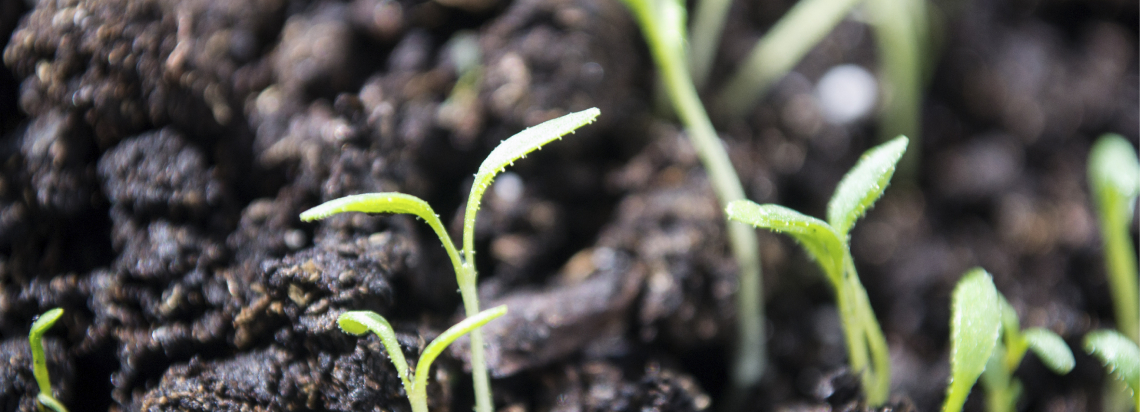
There are ongoing efforts by the national committee on climate change to integrate fisheries and climate change in the National Adaptation Program of Action.
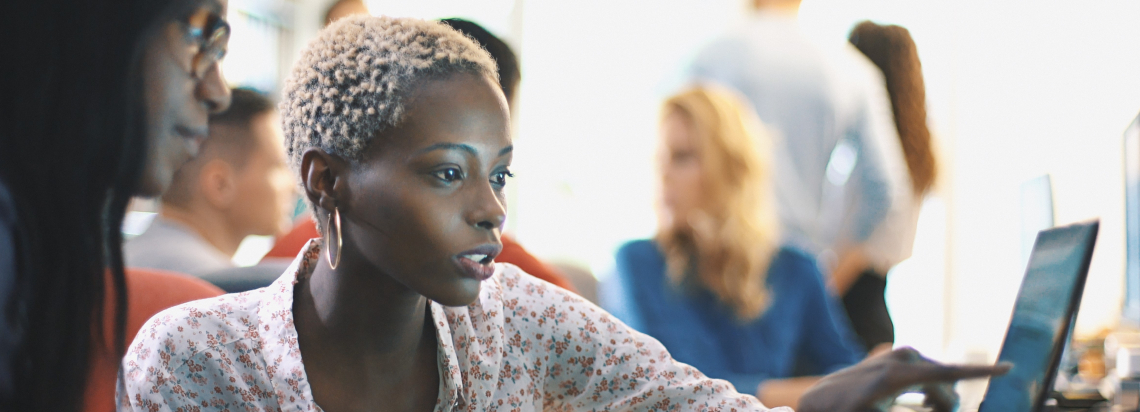
Results (2013 – 2015)
Advocacy and Strengthening of Negotiation Capacities on Post-2015 Development Agenda through the Common African Position (CAP):
• The multi-stakeholder framework of engagement specifically enhanced dialogue towards ensuring the required mass to influence the Post-2015 Global Agenda and Development Goals relevant to the Continent;
• This intervention helped strengthen country and regional level negotiating capacities for the effective incorporation and articulation of Africa’s priorities as enshrined in CAP in the final Global SDGs;
• The project enabled the participation of African stakeholders at the Means of Implementation Engagement, 3rd Financing for Development Conference and the UN General Assembly that adopted the new SDGs. This ensured the incorporation of Africa’s development priorities into the new goals through developing essential negotiation capacities;
• Through the CAP/SDGs space on the Africa Platform for Development Effectiveness (APDev), knowledge products and negotiation documents, as well as, policy briefs where successfully disseminated to the African negotiators in New York and kept the continent’s stakeholders informed of the overall process;
• Development and dissemination of post-2015 Policy Briefs on “Financing and Partnerships” and “Structural Economic Transformation and Inclusive Growth”. These are priorities outlined in the CAP and the policy briefs where utilized in the negotiation process for the African continent.
Global Partnership for Effective Development Cooperation (GPEDC):
• Africa secured the hosting of the 2nd High Level Meeting (HLM) of the Global Partnership. This was attained through robust negotiation and facilitating a common voice from Africa with regards to this critical engagement by the NEPAD Agency. The 2nd HLM will be held in Nairobi Kenya;
• The NEPAD Agency advocated for the full inclusion and participation of Africa’s Regional Economic Communities (RECs) in conducting the 2nd GP Monitoring Exercise. This was a fundamental achievement considering the RECs are the continent’s building blocks with regards to socio-economic transformation;
• The Africa Action Plan on Development Effectiveness (AAP) was granted the status of an official Global Partnership Initiative (GPI) at the Planning Meeting in Brussels. The AAP was developed by the NEPAD Agency in consultation with African multi stakeholders. This has enabled the Agency to successfully mobilize resources towards the implementation of the AAP.

Project : Hydro – Sambangalou Hydropower Project
Countries/Region : Gambia, Guinea Conakry, Guinea Bissau and Senegal | West Africa region
Project Location : Located 930 km upstream from the mouth of the Gambia River. The dam will be located in Senegal with part of the reservoir in Guinea.
Sector/Subsector : Energy/Generation
Project Description : A hydropower plant with a 128 MW capacity, as well as a 185 square kilometer reservoir (4 turbines of 32 MW each). Originally formed part of a larger Gambia River Basin Development Organisation (OMVG) Project, which entailed an interconnecting power grid with the Kaleta Dam in Guinea
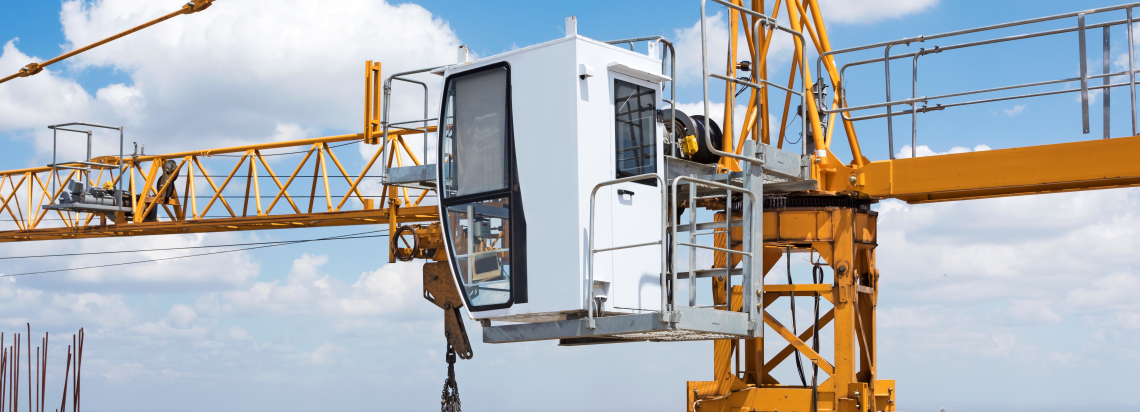
Description : The use of political gravitas and goodwill to unblock and facilitate political bottlenecks affecting the implementation of ICT broadband and optic fibre projects on the continent
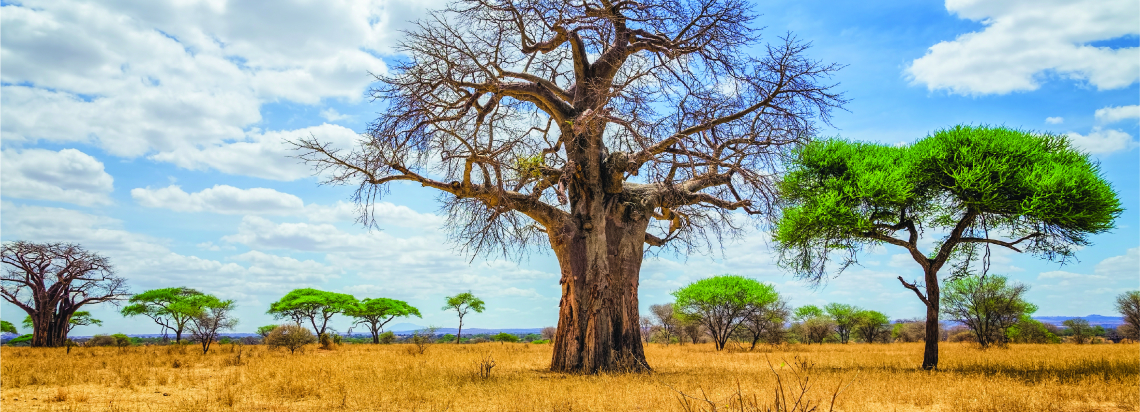
Technical support was deployed to foster linkages between landscape approach, climate change adaptation and SLWM, and as well promote effective application of climate change adaptation tools.

"At the beginning of 2014, 37 of the 42 opted-in African countries have completed a rapid assessment / gap analysis. The next step for countries is to develop a SE4LL Action Agenda and Investment Prospectus(es). To support this process, the SE4ALL Africa Hub partners have led the development of Africa Guidelines for SE4ALL national Action Agendas. The Africa Guidelines lay out principles and process for developing Action Agendas and put forward a balanced approach of centralized and decentralized solutions to achieve universal access to energy services.
Progress in Guinea-Bissau:
SE4All Action Agenda is under development"
you agree to the AUDA-NEPAD Privacy Policy.

